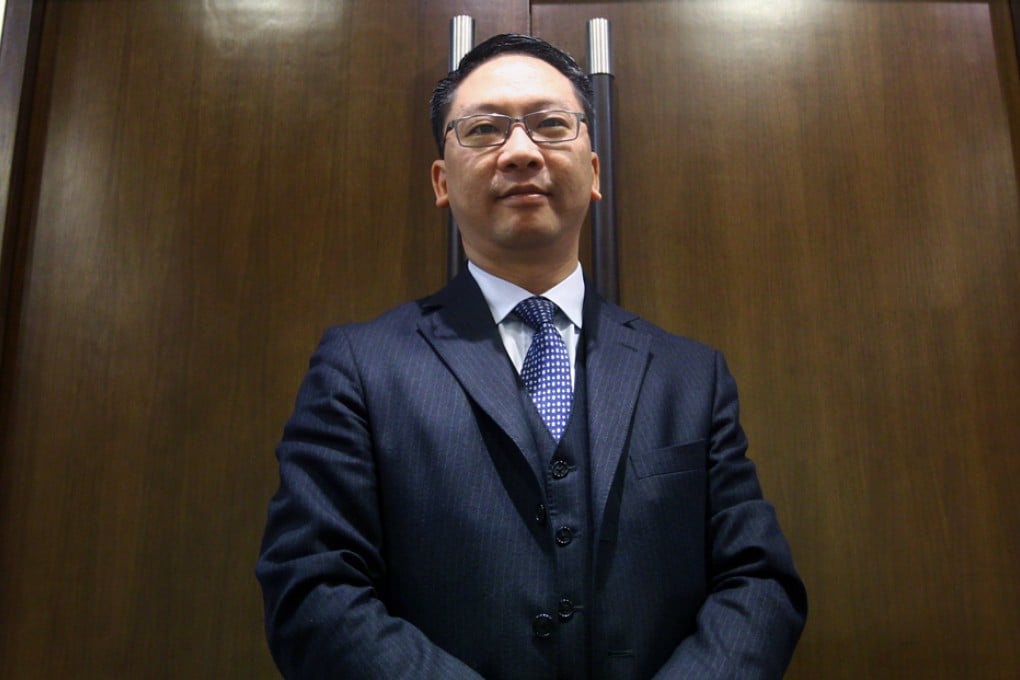My Take | Democratic flaws built into Basic Law
In the constitutional debate over universal suffrage, neither side is telling the public the whole truth. However, an opinion piece by the justice secretary that appeared in major newspapers yesterday did hint at the reality.

In the constitutional debate over universal suffrage, neither side is telling the public the whole truth. However, an opinion piece by the justice secretary that appeared in major newspapers yesterday did hint at the reality.
We are under the thumb of Beijing. It's not just a matter of naked power but constitutional restraints. The Basic Law is not just about "one country two systems", it also bounds us to the central authorities in myriad ways. The legislative process that needs to be set in motion to achieve universal suffrage is a good example. Any such constitutional reform package has to be put forward by the Hong Kong government. Even after it has been passed by the local legislature, it still needs to be approved by Beijing, or more specifically, the Standing Committee of the National People's Congress.
Even after we have one person, one vote, it's clear from the language and intent of Article 45 in the Basic Law that a nominating committee will monopolise the power of prescreening and nominating candidates. This is the power that only it has, not the public. Or rather the public can only indirectly exercise its candidate selection through their representatives on the committee. And even after we have elected a chief executive winner, Beijing still has the constitutional prerogative to veto the public choice, though admittedly a nuclear option. If the power to nominate candidates rests solely in the committee, it cannot be a rubber stamp that has to accept whatever candidates are picked by the public or political groups, something called civic nomination as advocated by many pan-dems. Nor is the committee intended to have direct membership that would include all adult permanent residents.
The pan-dems are right that the constitutional set-up for universal suffrage as envisioned by Beijing and the Hong Kong government is not how most functioning and successful democracies operate today. What they know, but refuse to tell the public, is that such democratic defects or loopholes are built into and sanctioned by the Basic Law. The pan-dems should have the courage of their conviction, pick out flaws in the Basic Law and fight to amend them, instead of trying to square the circle by making it say what it clearly does not. An unwinnable battle, you say? Well, so is its fight for public nomination. But at least it will be an honest fight.
